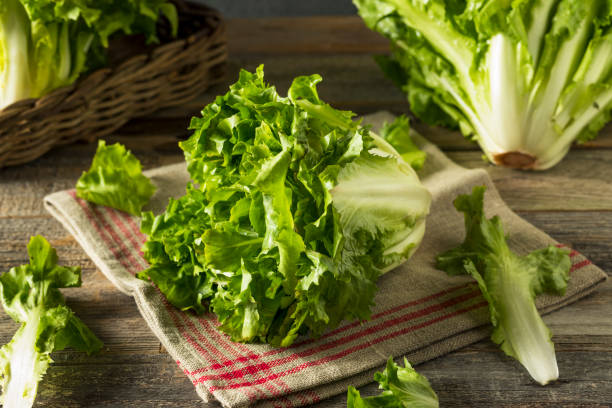It is considered the “control center of health”: our intestines. Around 70 percent of our immune cells are located in the digestive organ. A wrong diet can therefore not only irritate the intestines, but also weaken our immune system at the same time.
Intestinal health: That’s why we should take care of our intestines
For this reason, it is worth taking a closer look at your own diet: Certain foods can attack our intestinal flora and weaken our immune system in the long term. The result: we are more susceptible to diseases. Reason enough to take a look at which foods destroy our intestines. Here you can find out which foods you should absolutely avoid. Talking about gut health is no longer a taboo subject. Because: Our physical well-being depends to a large extent on our digestive tract. Prof. Dr. medical Julia Seiderer-Nack, author of guidebooks on intestinal health, also describes the intestine as the “control center of health” for this reason.
Recent studies even suggest that a change in the intestinal flora can promote and even accelerate dementia. In addition, a healthy intestine not only has a positive influence on our immune system, but also ensures beautiful skin, hair and nails, among other things.
It is all the more unpleasant when our intestinal health is out of balance. The result: an irritated gut. To prevent this, you should not consume the following foods in large quantities. As is so often the case here, the dose makes the poison.
These foods attack the intestines
Plain Sugar
Bad news for all baked goods lovers and those with a sweet tooth: Simple sugars are mainly found in white flour and refined sugar. And it’s not just us who like to snack on it, but above all the bacteria in the intestines, which promotes rapid multiplication. The problem: The sugar-loving bacteria are then in the majority and crowd out other bacteria in the intestine that are responsible for breaking down more complex sugars (polysaccharides). This imbalance also gives the nasty yeast a chance to spread in the gut.
artificial sweeteners
Just like simple sugars, artificial sweeteners are an enemy to our intestinal flora in large quantities. They not only come in the form of small white tablets to sweeten tea and coffee, but are also an ingredient in low-calorie soft drinks or ready meals. A study has found that sweeteners have a negative effect on the intestinal flora and, among other things, increase the formation of short-chain fatty acids.
Bad fats
As the name implies, bad fats, such as those found in margarine, mayonnaise, and lard, are not good for our gut. Therefore, these should only appear occasionally in the nutrition plan. Instead, it is advisable to use healthier alternatives such as linseed oil, olive oil or hemp oil.
Heavily processed meat and sausage products
This includes, for example, cured and smoked foods, which not only irritate the intestines when consumed excessively, but can also cause abdominal pain, cramps and flatulence. According to experts, one should not eat more than 500 grams of red meat per week to ensure the health of the intestinal tract.
This is to do when the intestines are irritated
Sometimes it does happen: A healthy diet was neglected for a few days and you ate excessively greasy food. Maybe you also have stress – and all that hits your stomach or stomach: the intestines are irritated and spasm. In order to alleviate these cramps somewhat, sufficient heat should be provided by a warm bath or a hot-water bottle.
You should also drink a lot to flush out the intestines. Warm, unsweetened tea or water is particularly well tolerated; You should definitely avoid coffee. A low-fat diet is also recommended. You should be particularly careful not to over-season your meals. Ideally, you should also eat very slowly and in small portions so as not to overwhelm the intestines. But be careful: If you have severe symptoms, you should definitely consult a doctor.








